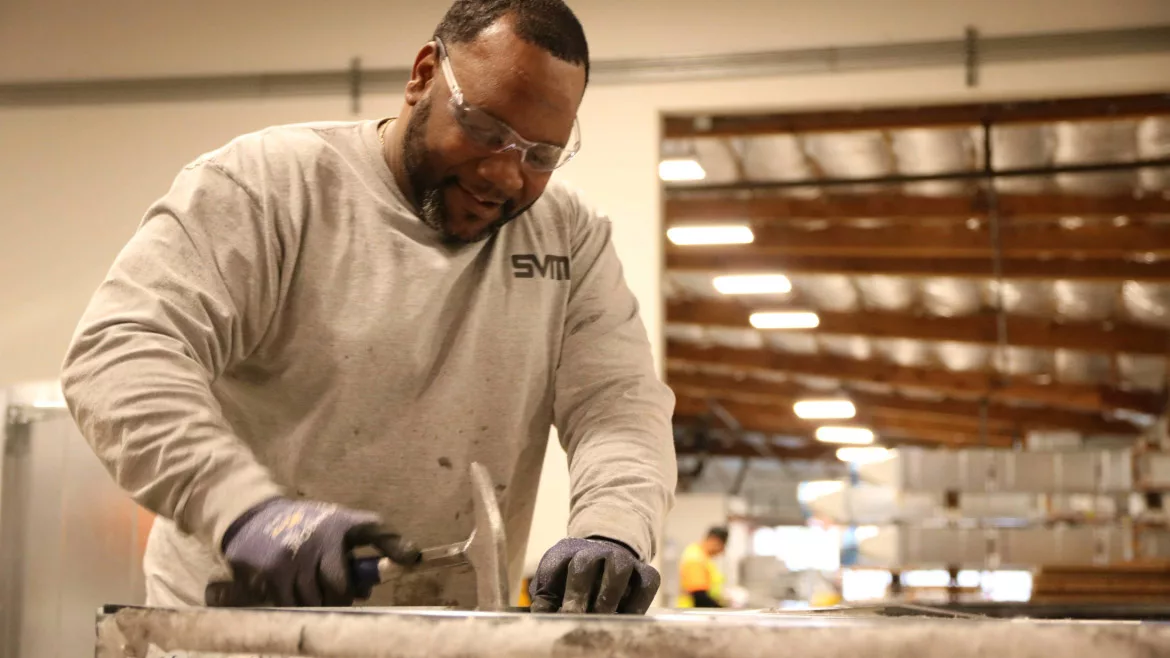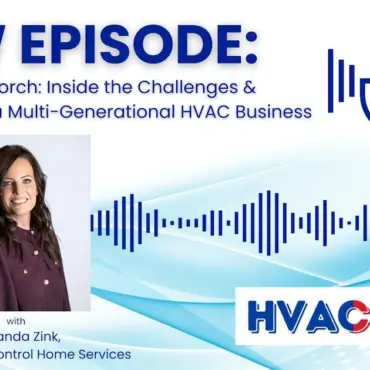A new study has found that targeted investments in pre-apprenticeship programs are rapidly changing the face of Illinois’ construction workforce, with women and black workers now representing the fastest-growing groups entering the field.
The research, released Wednesday by the nonpartisan Illinois Economic Policy Institute (ILEPI) and the Project for Middle Class Renewal (PMCR) at the University of Illinois at Urbana-Champaign, credits government-funded, tuition-free pre-apprenticeship programs with opening doors to thousands who have historically been left out of high-paying construction jobs.
According to the study, since 2017, more than 5,800 people have enrolled in the state’s two largest construction pre-apprenticeship initiatives – the Highway Construction Careers Training Program (HCCTP) and the Illinois Works Pre-Apprenticeship Program (IL Works). Black and female participation in these programs has far outpaced their representation in the industry overall, driving a 95% increase in black apprentices and a remarkable 202% jump in female apprentices over the last eight years. In 2024 alone, women accounted for 6.1% of new apprentices, up from just 3.1% in 2017.
The report’s detailed enrollment figures show just how dramatically the landscape has shifted since 2017. In that year, only 272 black apprentices and 126 women entered Illinois construction programs. By 2024, those numbers had jumped to 531 black apprentices and 381 women – reflecting increases of 95% and 202% respectively. For comparison, newly enrolled white apprentices grew by 35% in that same period (from 2,469 to 3,340), while hispanic apprentices increased by 110% (from 712 to 1,492).
Women’s share of new apprentices grew from just 3.1% in 2017 to 6.1% in 2024, while the black share rose from 6.7% to 8.6%. The hispanic share rose even more sharply, from 17.5% to 24.1%. While men still make up the vast majority of new apprentices (92.2% in 2024), the gender gap is narrowing.
Since 2017, HCCTP and IL Works enrolled 5,858 participants – of whom 59.5% identified as black, 21.7% as white, and 15.2% as hispanic. Women made up 22.3% of all participants. The programs are also producing strong outcomes: 61.2% of women and 56.2% of black participants completed their programs, and the placement-to-participation ratio for both groups was nearly 37%, matching the overall rate for all participants.
Nationally, women constitute about 4% of construction laborers, and black workers typically make up just under 7% of the sector, according to figures from the U.S. Department of Labor and Data USA. These national benchmarks make Illinois’ gains in these demographic groups especially noteworthy. For more details, see the Data USA profile of construction laborers and the Illinois Department of Labor’s 2024 Minority and Female Building Trades Annual Report.
“The construction industry has struggled to attract enough new workers, so expanding opportunities to historically underrepresented groups is a win-win-win for workers, industries, and communities,” said ILEPI economist and report coauthor Frank Manzo IV.
Pre-apprenticeship programs typically last between 8 and 14 weeks, providing hands-on training, classroom instruction, and wraparound supports like childcare and transportation assistance. The goal: to prepare participants for placement in longer-term union apprenticeship programs and ultimately, stable careers.
The study found that the $66 million invested in HCCTP and IL Works since 2017 amounts to about $12,000 per participant and delivers a 900% return on investment over ten years, thanks to higher earnings for program graduates who enter the skilled trades.
“As America invests in new infrastructure and clean energy, having a diverse and ready workforce is more critical than ever,” said Dr. Robert Bruno, University of Illinois professor, PMCR director, and report coauthor. “Our data shows these programs are delivering real returns for both workers and industry.”
Report authors also highlighted stories of participants who transitioned from low-wage jobs to family-sustaining careers as registered apprentices, crediting services like mentoring and childcare as key to their success.
With the success of these programs, Illinois is expanding its model to the clean energy sector. The state’s Climate and Equitable Jobs Act (CEJA), passed in 2021, invested nearly $40 million in 2024 to create regional pre-apprenticeships and workforce hubs. For more on CEJA’s provisions, visit the Illinois EPA’s CEJA overview and see the Elevate Energy summary of equity provisions.
Despite the progress, the report concludes that more can be done. Recommendations include increased state funding, stronger employer incentives, higher participant stipends, and expanded support services to help even more people from underserved communities access construction careers.
Comparable studies in states like Minnesota and California have shown similar positive returns for pre-apprenticeship programs, especially in boosting female and minority participation, though Illinois’ recent gains for women are among the most rapid in the Midwest. For more context, see the MEPI/University of Illinois study on Minnesota and JFF’s blog on pre-apprenticeship models.
“It’s clear that pre-apprenticeships are transforming lives and stabilizing the construction labor pipeline,” Manzo said. “This first-of-its-kind study shows that these programs work – and that Illinois should double down on what’s working.”
For more information, the full report, The Impact of Pre-Apprenticeship Programs in Illinois, is available from ILEPI and PMCR.
Whether you require installation, repair, or maintenance, our technicians will assist you with top-quality service at any time of the day or night. Take comfort in knowing your indoor air quality is the best it can be with MOE heating & cooling services Ontario's solution for heating, air conditioning, and ventilation that’s cooler than the rest.
Contact us to schedule a visit. Our qualified team of technicians, are always ready to help you and guide you for heating and cooling issues. Weather you want to replace an old furnace or install a brand new air conditioner, we are here to help you. Our main office is at Kitchener but we can service most of Ontario's cities
Source link



